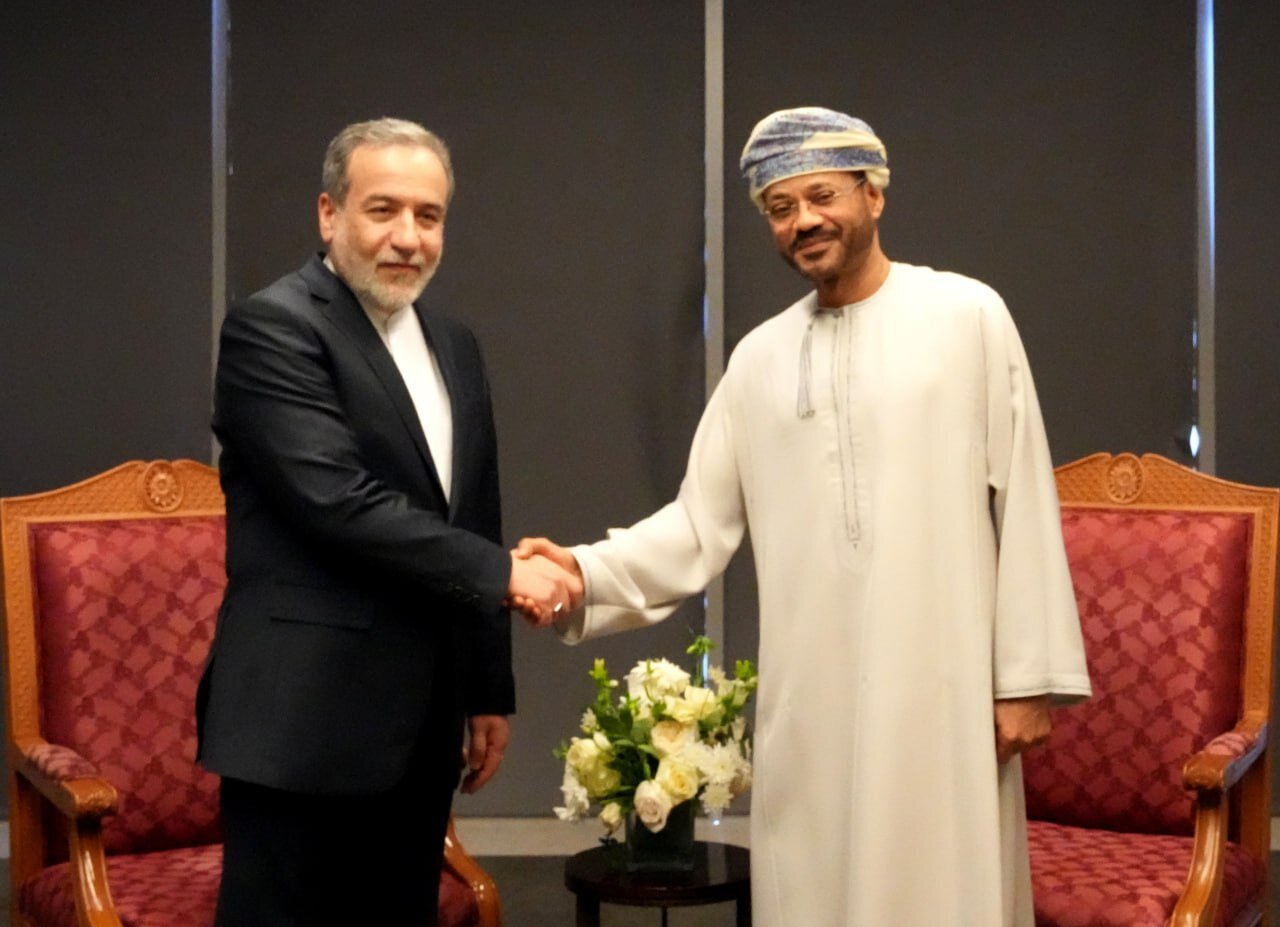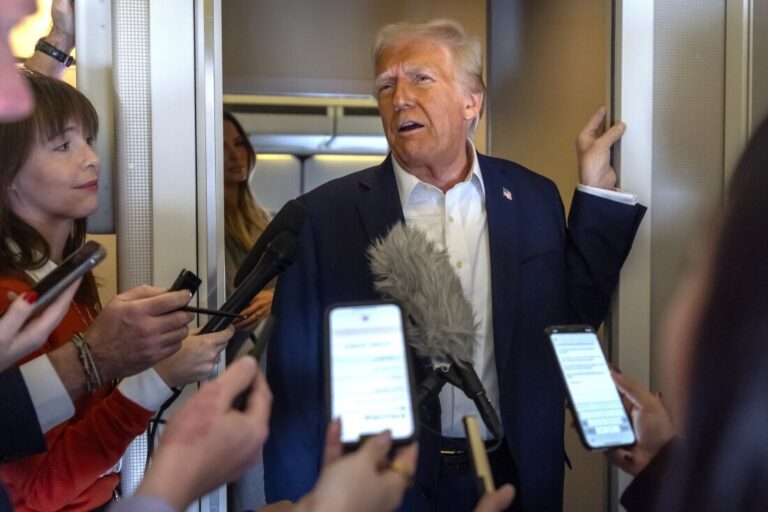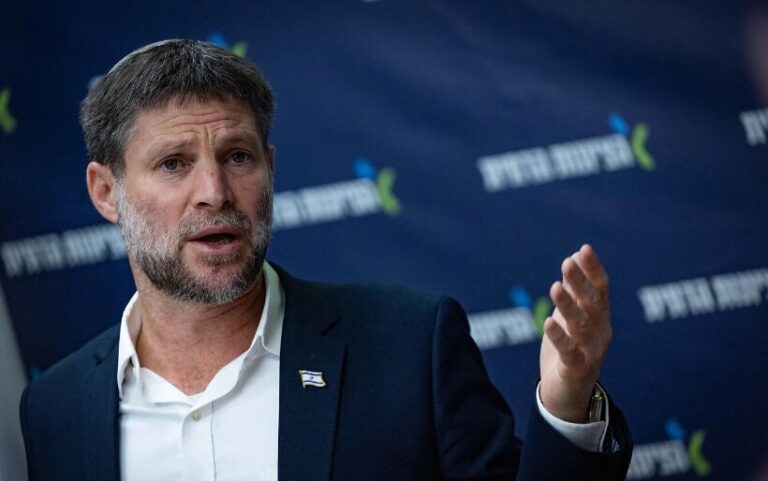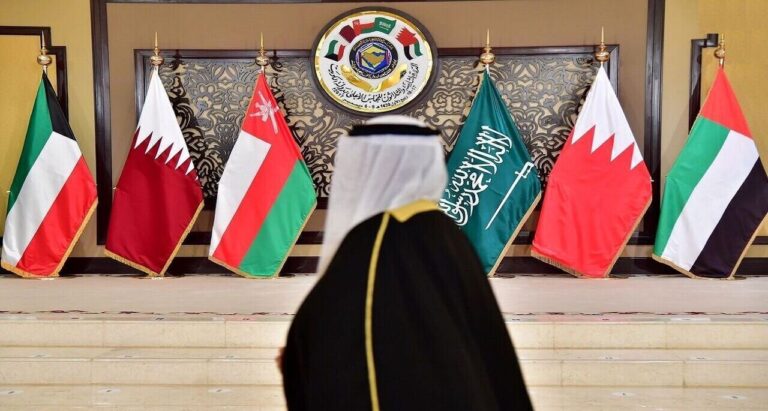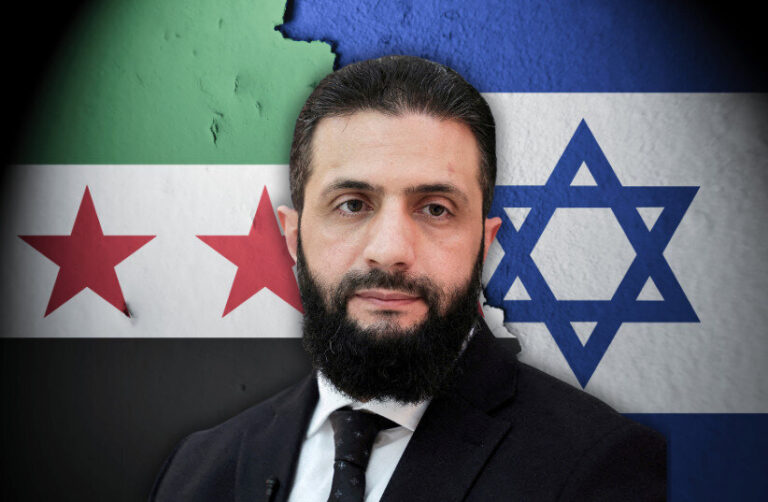Strategic Talks: Iran and Oman Foreign Ministers Convene in Muscat for Key Discussions
In a significant development regarding the ongoing nuclear discussions, the Iranian top diplomat has embarked on a diplomatic mission to Oman. This visit aims to engage in indirect talks with the United States concerning the nuclear issue and the removal of oppressive sanctions. The meeting highlights a pivotal moment in international relations, particularly between Iran and the US.
Upon his arrival in Oman, Iranian Foreign Minister Abbas Araghchi met with his Omani counterpart Badr bin Hamad Al Busaidi. During this pivotal meeting, Araghchi expressed appreciation for the enduring and robust relationship between Tehran and Muscat across various fields. He acknowledged Oman’s responsible stance on regional matters, emphasizing that hosting the indirect Iran-US talks in Muscat is a testament to this approach. Araghchi extended his gratitude to the Omani Foreign Minister for facilitating this crucial dialogue.
Badr bin Hamad Al Busaidi reciprocated, describing the Oman-Iran bilateral relationship as a privileged one. He thanked Iran for choosing Muscat as the venue for these significant discussions. The two diplomats exchanged important information, with the Omani Foreign Minister providing an overview of the anticipated arrangements for the indirect talks scheduled for that day.
In preparation for these discussions, Araghchi outlined Iran’s core positions and objectives to Al Busaidi, who will relay this information to the American side. This collaboration underscores the importance of communication and diplomatic engagement in addressing complex issues.
In a statement made earlier, Iranian Foreign Ministry Spokesperson Esmaeil Baghaei highlighted the negotiating team’s commitment to utilizing all available resources to safeguard Iran’s sovereignty and national interests. This determination reflects Iran’s strategic approach to the ongoing negotiations.
On April 8, Araghchi emphasized the Oman talks as an opportunity to gauge the seriousness of the United States, noting its historical tendency towards non-commitment and unilateral actions. This comment underscores the cautious optimism surrounding the discussions and the need for trust-building measures.
The backdrop of these talks is marked by a tumultuous history. In 2018, then-President Donald Trump withdrew the US from the Joint Comprehensive Plan of Action (JCPOA), which was a pivotal agreement aimed at curbing Iran’s nuclear ambitions. This withdrawal initiated a maximum pressure campaign against Iran, complicating diplomatic relations.
Since returning to the White House, Trump has shown a willingness to negotiate a new deal that could replace the JCPOA. On March 12, he reached out to Iran’s Supreme Leader, Ayatollah Seyyed Ali Khamenei, proposing negotiations for a new agreement while simultaneously issuing threats of military action if Iran did not comply. This dual approach presents a complex challenge for Iranian negotiators.
Despite the pressure from the US, Iran has firmly ruled out direct negotiations under threats. However, it remains open to indirect talks as a means of navigating this intricate diplomatic landscape. The situation highlights the delicate balance between maintaining national integrity and engaging in dialogue for potential resolutions.
- The Iranian Foreign Minister praised the longstanding relationship with Oman.
- Oman is facilitating indirect talks between Iran and the US.
- Iran’s negotiating team is committed to protecting national interests.
- The talks in Oman are seen as a test of US intentions.
- Trump’s previous withdrawal from the JCPOA complicates negotiations.
The outcome of these indirect talks could have far-reaching implications not only for Iran and the United States but also for the broader region. As the world watches closely, the importance of diplomatic channels in resolving conflicts and addressing nuclear concerns cannot be overstated.
In conclusion, the ongoing discussions in Oman represent a critical juncture in the Iran-US relationship, with potential repercussions for global stability. As both nations navigate these challenging waters, the emphasis on dialogue and negotiation remains paramount.
